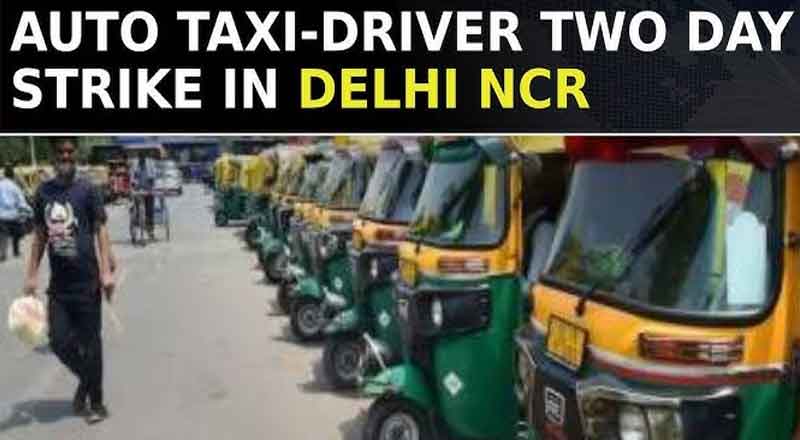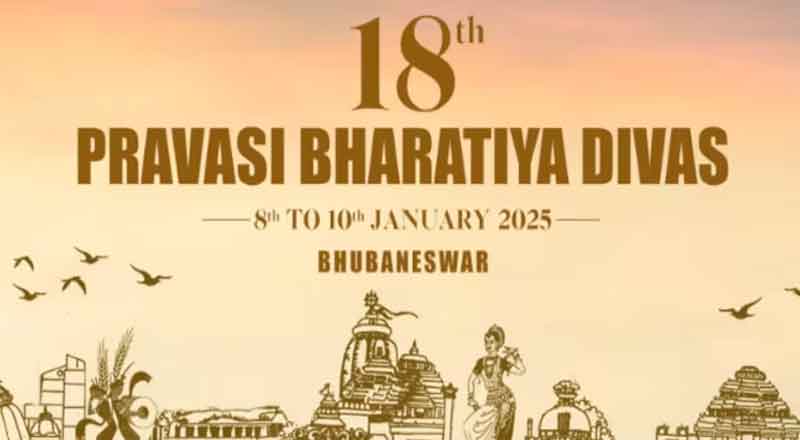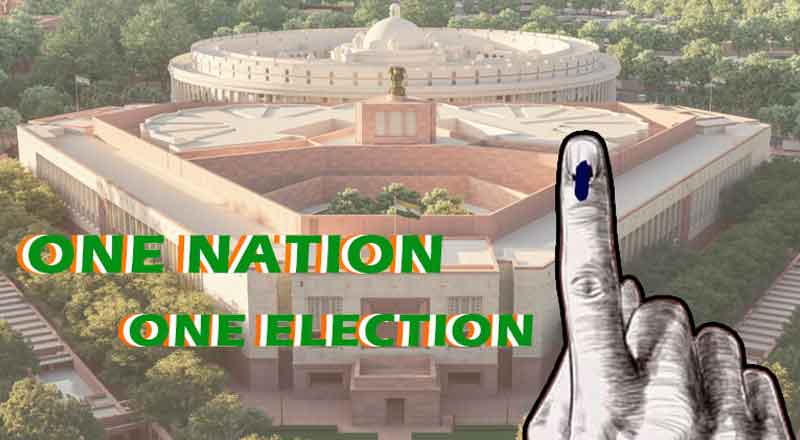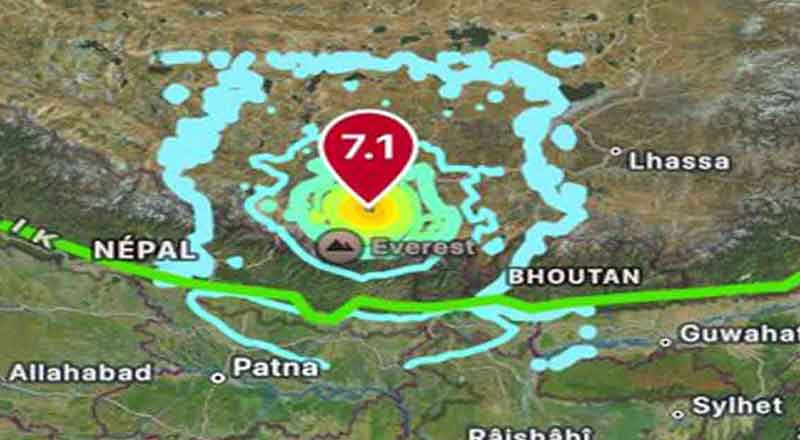Delhi and the adjoining National Capital Region (NCR) are set to experience significant disruptions in transportation on August 22 and 23 as auto rickshaw and taxi operators launch a two-day strike. The strike, organized by more than 15 unions, is a protest against app-based cab services like Ola and Uber, which traditional drivers claim have severely impacted their livelihoods.
Mass Disruption Expected
The strike involves thousands of auto and taxi drivers across Delhi-NCR, resulting in an estimated 400,000 vehicles being taken off the roads. This massive reduction in available transportation options is likely to cause significant inconvenience for millions of commuters in the region. With a large portion of the daily transport network paralyzed, the national capital is bracing for widespread chaos.
Drivers’ Grievances Against App-Based Services
The striking drivers, who are not affiliated with app-based ride services, plan to stage protests across various locations in Delhi-NCR. Their primary grievance centers around the negative impact that services like Ola and Uber have had on their earnings. According to the drivers, the rise of these platforms has led to a substantial reduction in their income, making it increasingly difficult for them to sustain their livelihoods.
Kishan Verma, President of the Delhi Auto Taxi Transport Congress Union, voiced the frustrations of many drivers. “For several years, we have been writing to governments and departments about companies like Ola and Uber, but no one listens. These companies present their side, and the government presents its side, but these businesses operate as a game of donations, with the government also involved. We demand an end to this game,” Verma told news agency IANS.
Calls for Regulation and Alternatives
The unions have not only highlighted the economic challenges posed by app-based services but also raised concerns about illegal activities associated with these platforms. Kishan Verma alleged that private taxis from Ola and Uber have been involved in illegal activities, including smuggling and drug trade. “Employment for auto and taxi drivers, which is being affected or taken away, must be addressed. Private Ola and Uber taxis are involved in smuggling, and there is also trade in alcohol and drugs. To address these issues, we are going on strike,” Verma added.
The union has called for a ban on existing app-based cab services, suggesting the need for a government-backed application to ensure fairer practices and better protection for traditional drivers. They claim that the high commissions imposed by these companies—up to 45% on each trip—are unsustainable and exploitative.
Impact on Commuters
The strike will affect a wide range of vehicles, including autorickshaws, economic radio taxis, and taxis with all India tourist permits. Commuters who rely on these services will have to make alternative arrangements, which could include using private vehicles, relying on limited public transport options, or turning to the very app-based services that the strike opposes.
As Delhi-NCR grapples with this transportation shutdown, the two-day strike underscores the growing tension between traditional transportation operators and emerging app-based platforms. The outcome of this protest could have lasting implications for the future of urban mobility in the region.
(With inputs from agencies)





